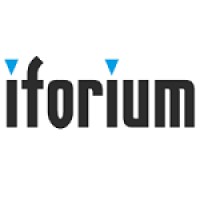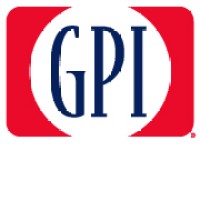
Iforium
Welcome to Iforium, join us in Connecting the Game™. Founded in 2006 and based in the Isle of Man, Iforium is a leading B2B software company focused on providing the next generation casino and iGaming aggregator platform in global regulated markets. Gameflex™ is our multi-award winning casino aggregation platform that delivers the largest gaming content portfolio in the industry. Available via a single and seamless integration, Gameflex™ connects to any operator, any platform, any content in any market. Built on the foundation of “regulation first” along with ISO IEC 27001:2013 certified and Cyber Essentials Certified, our Gameflex™ content aggregator portfolio now extends to over 14,500+ games from 165+ content providers across 20+ regulated markets and continues to grow month on month. The Iforium Gameflex™ iGaming aggregation platform is live in multiple regulated markets on a global scale. We are presently licensed and regulated by the UKGC, the AGCO in Ontario, ONJN in Romania, the MGA in Malta and the HGC in Greece. Connect to the power of Gameflex™ - www.iforium.com (18+) | http://gamcare.org.uk | http://begambleaware.org






